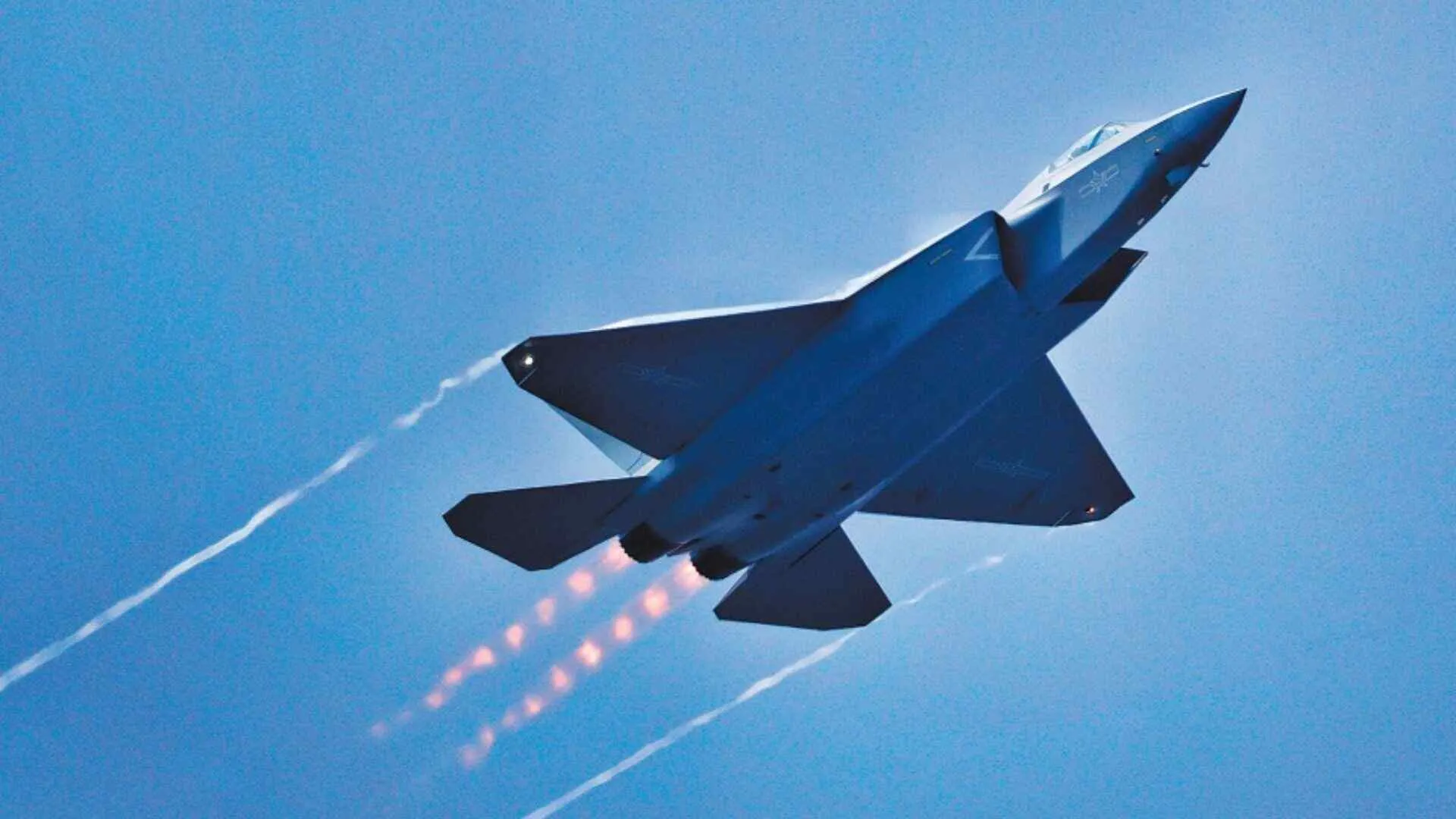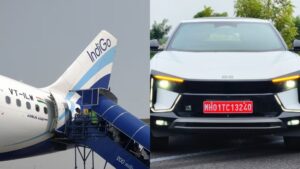The aviation and automotive sectors have collided in an unexpected legal showdown, with IndiGo Airlines and Mahindra Electric Automobiles locked in a battle over the use of the “6E” identifier. This clash highlights the increasing importance of brand identity and trademark protection in today’s competitive marketplace.
The recent legal battle between IndiGo Airlines and Mahindra Electric Automobiles, centered on the use of the “6E” identifier, has brought to the forefront the complex issue of trademark infringement and brand protection in India. IndiGo, India’s largest airline, has long been associated with the “6E” code, which has become an integral part of its brand identity. However, Mahindra Electric’s recent launch of its electric SUV, the “BE 6e,” has led to a clash between the two industry giants. IndiGo argues that Mahindra’s use of “6E” infringes on its trademark rights and could potentially mislead consumers. The airline contends that the similarity between the two identifiers could lead customers to associate Mahindra’s electric vehicles with IndiGo, diluting the airline’s brand equity. IndiGo further emphasizes that it has invested heavily in building brand recognition and customer loyalty around the “6E” identifier, and any unauthorized use of this mark could harm its reputation. On the other hand, Mahindra maintains that its use of “6E” is distinct and unlikely to cause confusion. The company emphasizes that “BE 6e” is part of a larger branding strategy for its electric vehicle portfolio and that the “6E” is not used independently. Mahindra further argues that the two industries are fundamentally different and that the target audience for an airline and an electric vehicle manufacturer is not overlapping. The company believes that there is no likelihood of confusion among consumers and that its use of “6E” is fair and legitimate. The legal battle between IndiGo and Mahindra raises several important questions about trademark law and brand protection in India. What constitutes trademark infringement? How should courts balance the rights of established brands with the need for innovation and new entrants in the market? These questions are particularly relevant in the digital age, where brand identity can be easily replicated and misused online.
The outcome of this case could have significant implications for businesses across various sectors. A strong ruling in favor of IndiGo could set a precedent for protecting established brands from infringement, even when the infringing use is in a seemingly unrelated industry. However, a ruling in favor of Mahindra could encourage innovation and competition, but it could also weaken the protection afforded to established brands. As the legal battle unfolds, it is crucial for businesses to be mindful of their trademark rights and to take proactive steps to protect their brand identity. This includes conducting thorough trademark searches, registering trademarks in relevant jurisdictions, and monitoring for potential infringement. It is also essential to have a robust brand protection strategy in place, including measures to detect and address infringement. The IndiGo-Mahindra case serves as a reminder that brand identity is a valuable asset that must be carefully protected. As businesses continue to compete in an increasingly globalized marketplace, the importance of strong brand protection will only grow.
Regardless of the outcome, the IndiGo-Mahindra dispute has significant implications for the broader business landscape. It highlights the importance of strong trademark protection and the need for businesses to consider their branding strategies to avoid potential conflicts carefully.
*Dr. Deevanshu Shrivastava, Associate Dean, School of Law, GD Goenka University, Gurugram.








